How can you overcome an unaffordable market and secure your first home loan without doing anything drastic like quitting avocado? The answer is simple (sort of). There's a range of challenges inherent in buying that first property and identifying and overcoming them is the way forward.
We've had a look at a few common difficulties you may encounter and suggested simple solutions to make your life just a little easier.
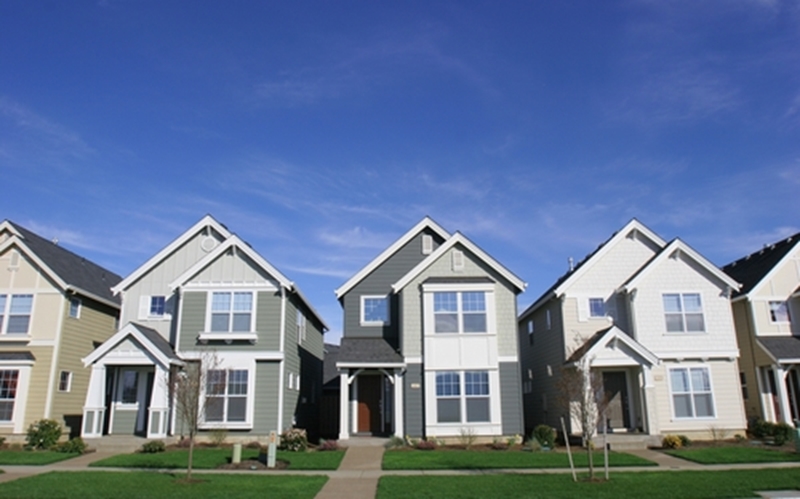 First home buyers face countless challenges: how can we overcome them?
First home buyers face countless challenges: how can we overcome them?Accumulating a deposit
A recent survey by First Home Buyers Australia (FHBA) found that the 85 per cent of people consider the whopping size of a deposit and unaffordable property the biggest of all first home buyer challenges. The average size of an Australian's first home loan is $318,300 and that means that the average deposit is just under $80,000, according to FHBA.
There's no easy way to solve the problem of the gigantic deposit, but by using one or more of these strategies you may be able to make it work:
- Compromise on what you expect from your first home (location, size, appearance etc)
- Get help from your parents or buy with a friend
- Invest your your money while saving for a deposit
- Try rentvesting or other alternative strategies.
Lenders prefer that your debt repayments make up less than 35 per cent of your income per month.
Credit checks and income level
When you meet a potential flatmate you want to be sure that they'll be able to pay rent. Perhaps you'll do a little snooping under the guise of making conversation: what do you do for a living, where did you live before here?
Lenders do something similar when you apply for a home loan to make sure you're able to pay it back, which can create difficulties for first homebuyers.
They'll check your credit score – a past record of all debt and they'll require proof of income. For that reason if you're dreaming of home ownership make sure you don't have any bad debt and always pay on or before the due date.
Secondly you'll want to consider your ability to service a loan. Generally lenders prefer that your debt repayments make up less than 35 per cent of your income per month – if the home you want would put you above that number it may be worth adjusting your strategy.
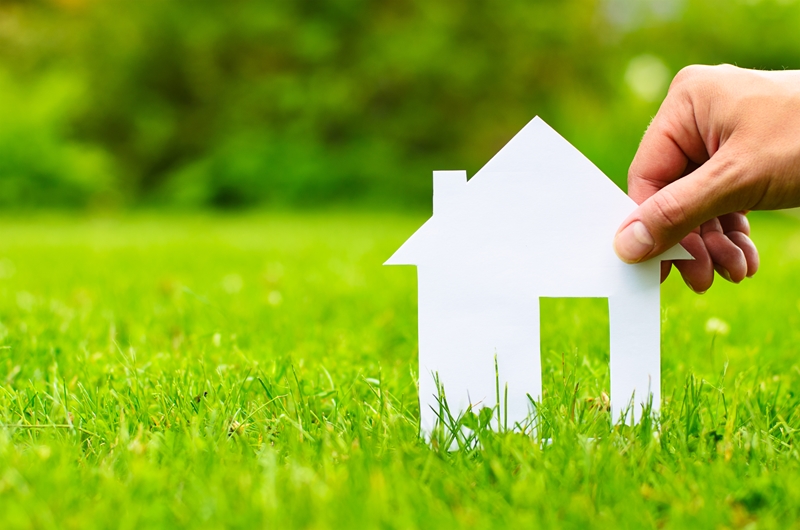 There's plenty of challenges for first home buyers, but securing a home loan may be the toughest.
There's plenty of challenges for first home buyers, but securing a home loan may be the toughest. Finding a loan that makes life easier
In the aforementioned FHBA survey, when asked which service was the most useful when buying their first home 38 per cent of the respondents said mortgage brokers (with second place going to real estate agents at only 25 per cent).
For help navigating the difficulties of securing a home loan, and to make sure you find a loan that makes life easier – get in touch with the team at Mortgageport today. We know buying your first home can be hard and we're here to make it easier.



 Could an alternative investment property strategy be the best way to get into the market?
Could an alternative investment property strategy be the best way to get into the market?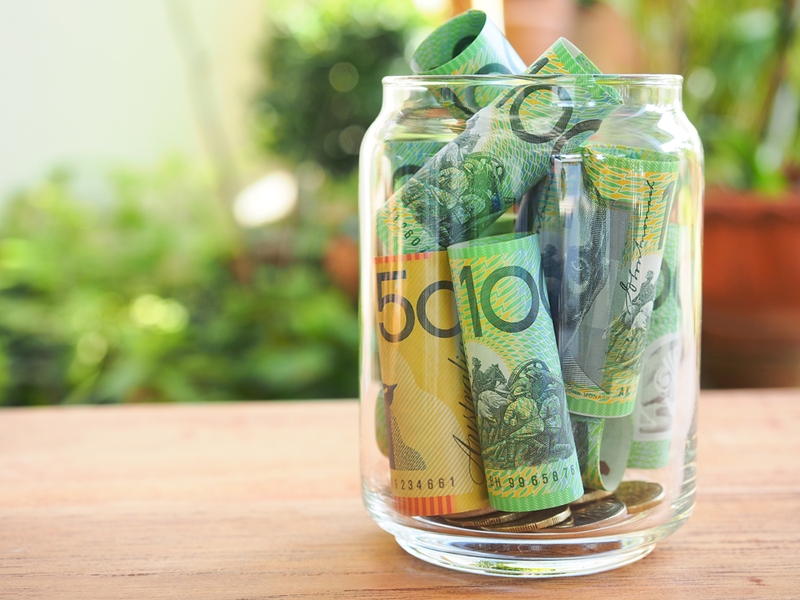 Struggling to make property work for you? Try an unconventional property investment strategy.
Struggling to make property work for you? Try an unconventional property investment strategy. 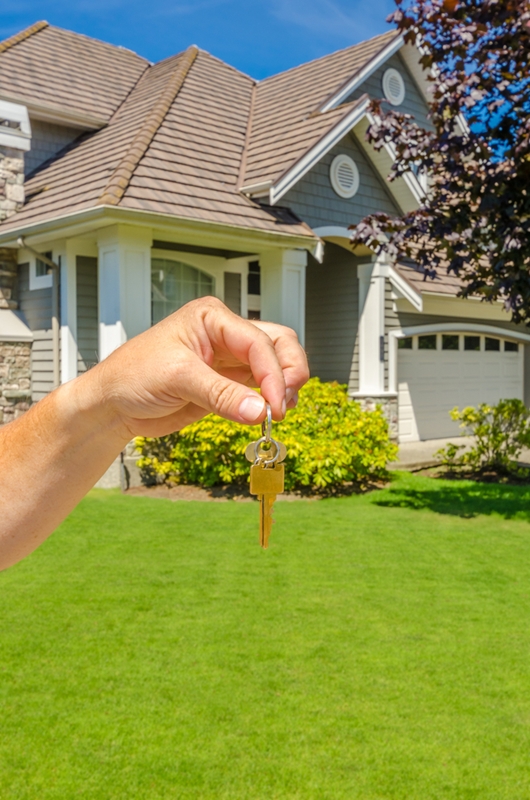 Property investment in Australia might be easier if you approach it creatively.
Property investment in Australia might be easier if you approach it creatively. 
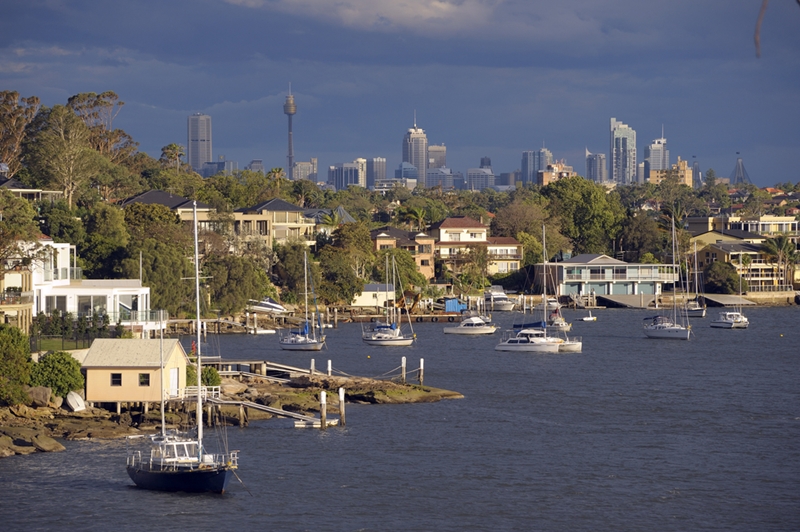 Parramatta’s one of Sydney’s most promising first home buyer locations.
Parramatta’s one of Sydney’s most promising first home buyer locations.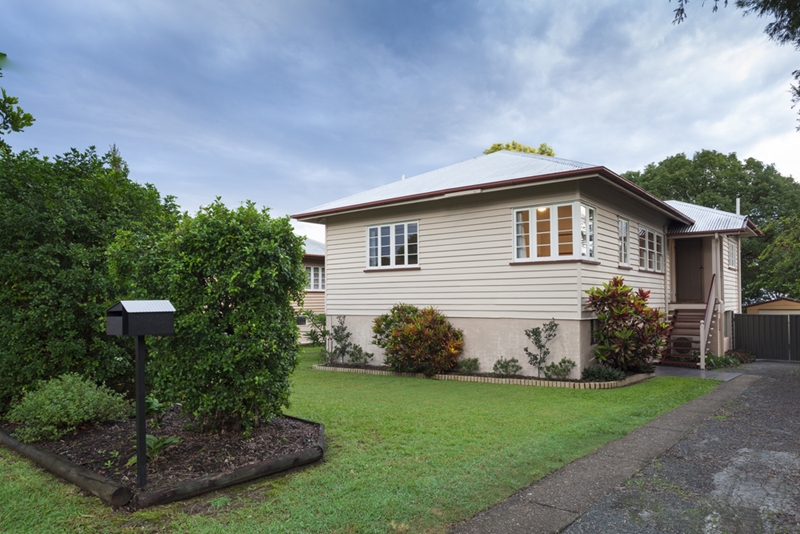 Where are the best first home buyer locations near Brisbane?
Where are the best first home buyer locations near Brisbane?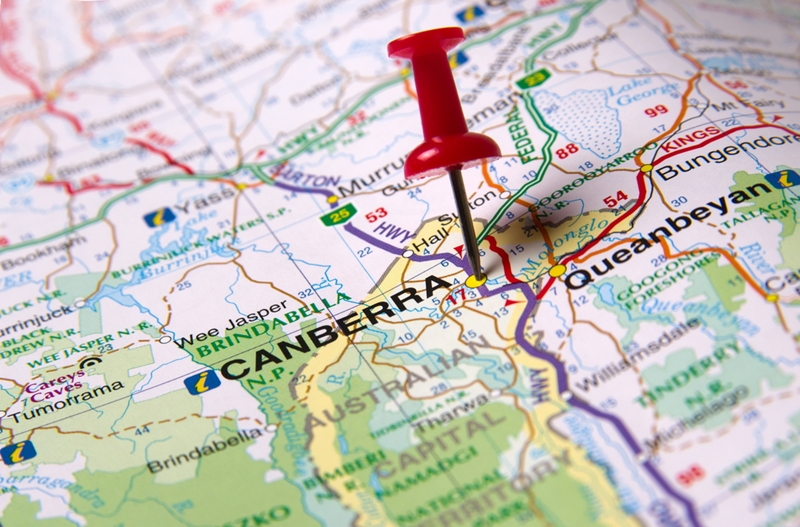 Regardless of how affordable Canberra’s suburbs may be – you won’t get far without a first home buyer loan.
Regardless of how affordable Canberra’s suburbs may be – you won’t get far without a first home buyer loan.
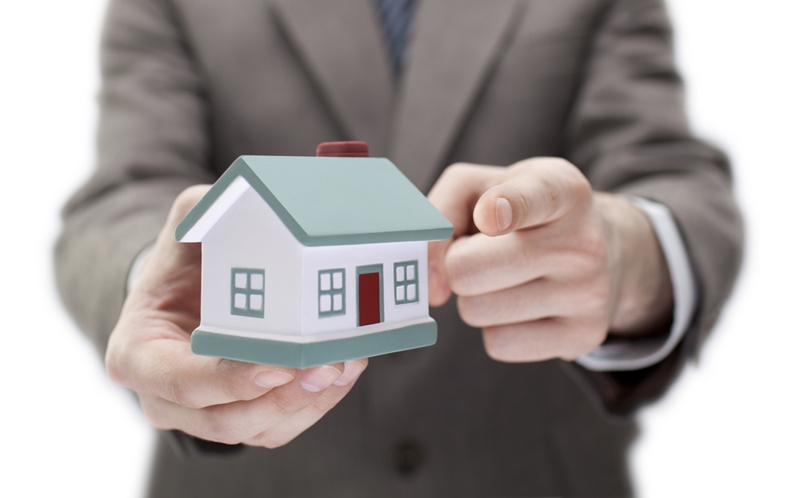 Can investing in property help bolster your SMSF portfolio?
Can investing in property help bolster your SMSF portfolio?
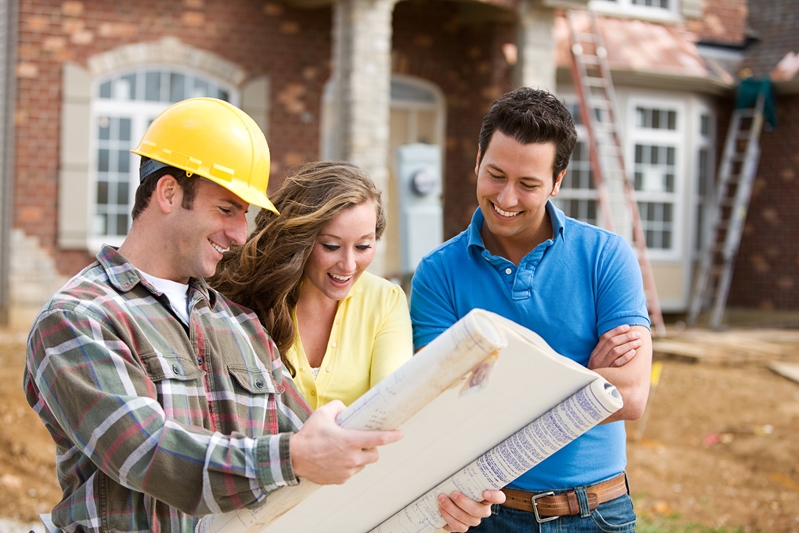 Do you have a reliable builder you can work with?
Do you have a reliable builder you can work with?